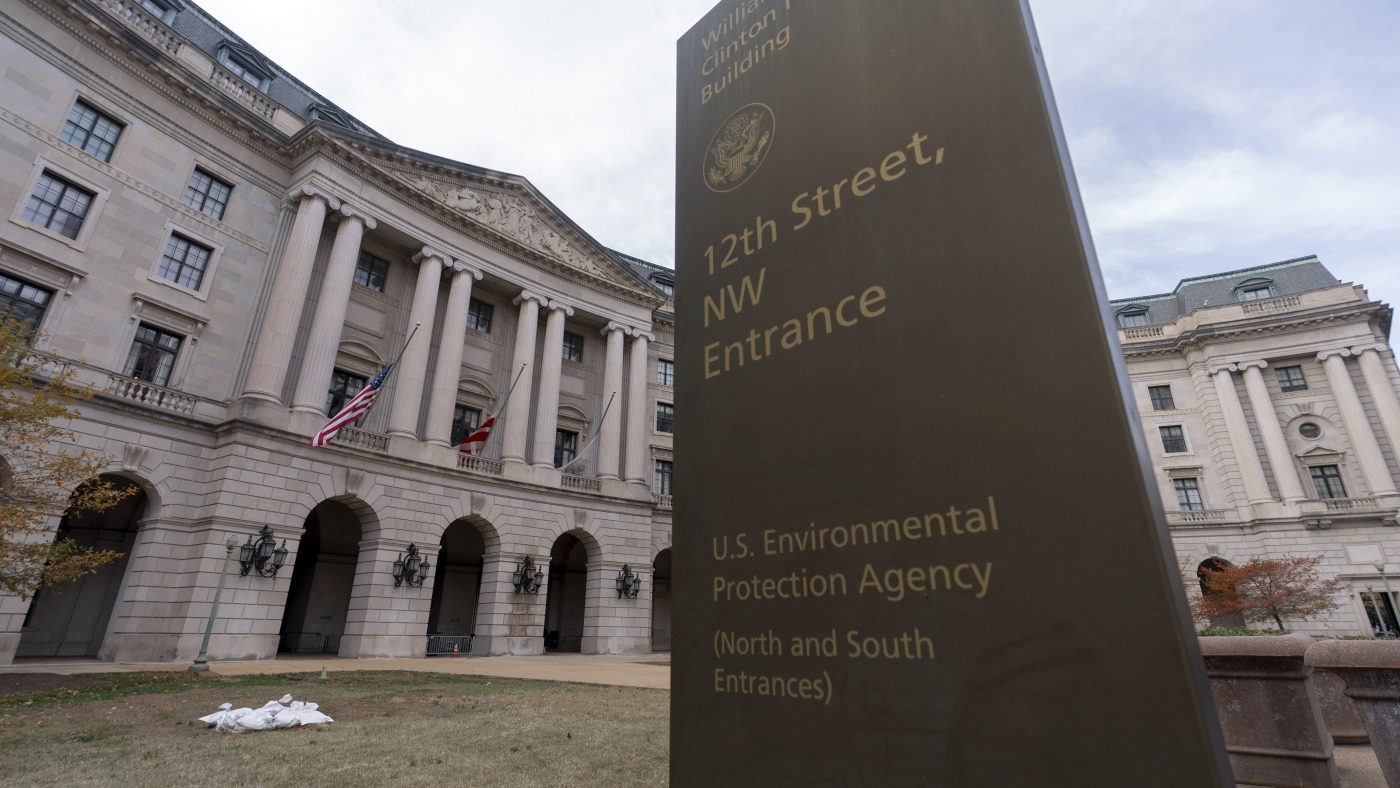T4K3.news
Critics challenge B.C. ocean noise reduction plan
Conservationists say Canada's Ocean Noise Strategy lacks effective measures to help killer whales.

Conservationists critique Canada's new Ocean Noise Strategy for lacking necessary actions.
Plan fails to effectively reduce ocean noise impacting B.C. killer whales
Conservationists warn that the increasing noise in the Salish Sea threatens the recovery of Southern Resident killer whales. The World Wildlife Fund Canada highlights that human activities contribute to a growing problem of underwater noise, labeled as "acoustic smog". A recent draft Ocean Noise Strategy presented by the Canadian government was met with criticism for not implementing concrete measures to reduce noise. While the strategy proposes several recommendations, it lacks clear regulations and timelines for action. A study revealed that higher noise levels hinder the killer whales' ability to find food, decreasing their foraging success significantly as ambient sound rises.
Key Takeaways
"It’s like an acoustic smog that clouds their ability to sense their environment."
Hussein Alidina from WWF explains the detrimental effect of noise on whales.
"We do need some additional regulation around water noise to treat it as a pollutant."
Alidina stresses the need for stronger regulations on underwater noise pollution.
The government’s Ocean Noise Strategy has stirred concern among environmentalists who argue the proposed measures might not do enough to protect vulnerable marine ecosystems. As marine traffic increases on Canada’s coasts, the risks to wildlife, particularly critically endangered species like the Southern Resident killer whale, intensify. This situation emphasizes the need for stricter regulations that treat underwater noise as a pollutant. Without significant action, the impact on marine life could escalate, affecting not just killer whales but the entire ecosystem they inhabit.
Highlights
- Acoustic smog clouds killer whales' ability to sense their environment.
- Without action, underwater noise remains a silent killer for marine species.
- This is not enough to protect our oceans or the life within them.
- Wildlife recovery hinges on reducing harmful ocean noise.
Concerns over ocean noise regulations
The draft strategy raises fears that insufficient regulations will fail to protect marine life from increasing noise pollution.
Stricter noise regulations are essential for the recovery of marine life in the Salish Sea.
Enjoyed this? Let your friends know!
Related News

USDA to relocate many D.C. employees

Major Funding Cuts Proposed for NASA Earth Science Division

Heathrow reveals plans for third runway

Marvel Cinematic Universe Announces Phase Six Launch

Scientists discover unusual super-Earth 154 light years away

New AI tools enhance creative workflows

Pittsburgh Pirates Trade Analysis Released

Trump administration files to revoke EPA greenhouse gas finding
